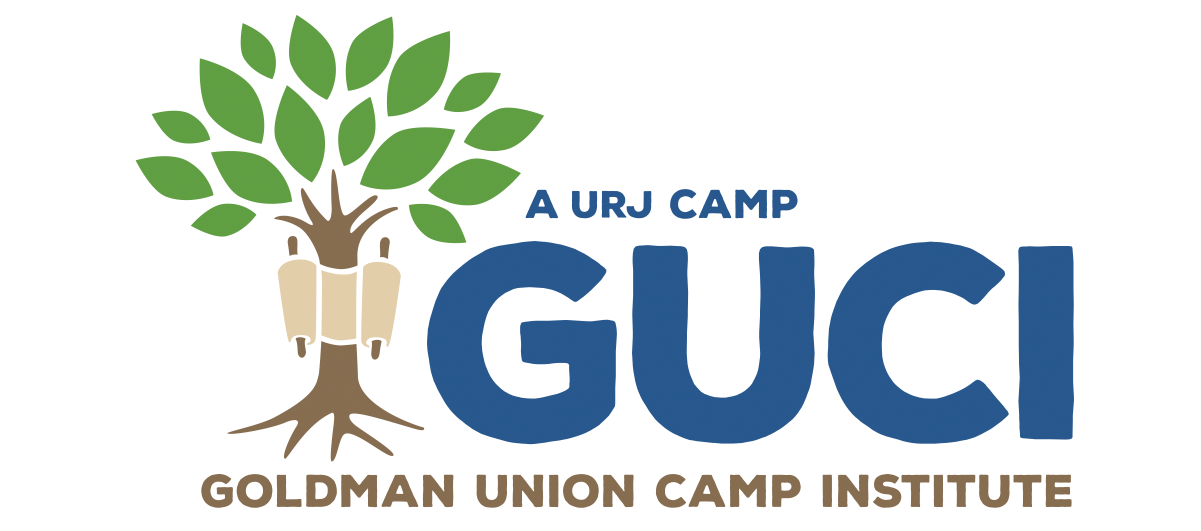
Sacred Spaces At GUCI
Rabbi Jonah Zinn (Congregation Shaare Emeth), Faculty
Last Shabbat I had the privilege of sharing some words of Torah with the GUCI community during Shabbat morning services. I shared the story of Balak, the king of Moab, whose fear of the Israelites led him to enlist a magician named Balaam to curse Israel. Balaam finally agrees to go to meet Balak after receiving instructions from God that he may go, but that he can only do what God says for him to do.
In the morning, Balaam saddles his donkey and goes off to meet Balak. On the way, an angel blocks Balaam’s path. Balaam’s donkey tries to navigate around the angle, but Balaam, unable to see the angle, is clueless to the donkey’s attempt to bypass the angle and so he beat the donkey to get her back on the path. The donkey then spoke to Balaam, angrily rebuking him for beating her. Balaam apologizes and offers to turn back. God, however, tells him to continue, reminding Balaam only to do what God tells him to do.
When Balaam arrived in Moab, Balak takes him from place to place, trying to get him to curse Israel. Each time, however, Balaam blesses Israel instead. The third of these blessings contains familiar words for many of us. “Ma tovu ohalekha Ya’akov, mishk’notekha Yisra’el – how lovely are your tents O Jacob, your dwelling places O Israel.” This blessing has become part of a prayer we call Mah Tovu that we say together each Shabbat morning.
The use of two different words to refer to the Israelite camp – ohalekha, which we translate as your tents, and these mishk’notekha, which we translate as your dwellings –causes us to ask important questions. What is the difference between ohalekha and mishk’notekha? Why are both mentioned? What can we learn from this?
On Shabbat, I suggested a particular understanding of these two words.
Ohalekha, your tents, are simply places. GUCI is full of such places. They look different and have different names. The Beit Am, Chadar Ochel, Mercaz Tarbut, cabins – these are all simply buildings. Even the Beit Tefillah, while it contains no roof or walls, provides a space for us to gather. I believe this type of place is what Baalam was talking about as Ohalekha, your tents.
Mishk’notekha, your dwellings, I believe, however, has a very different meaning. These are not strictly physical spaces, but rather spiritual gathering places that we transform together. We turn the Chadar Ochel from an ohel into a mishkan when we fill it with spirit and joy. Our cabins go from ohelim to mishkanot when we build lasting bonds with our cabinmates, treating everyone with kindness and respect. And the Beit Tefillah changes from an ohel into a mishkan when we lift our voices in prayer together.
At camp, the work of creating sacred space may seem easy. The ability to make an ohel into a mishkan is part of what makes camp so special. After all, we have our wonderful GUCI staff who helps make these transformations look so effortless. This work, of course, is not easy, but we know from our time together at GUCI how important it is to make the ohelim in our lives into a mishkanot.
As we prepared to conclude our time together and return to our lives outside of camp, I urged the GUCI community to find ways to create mishkanot in their lives outside of came. Creating such mishkanot enables us to experience the magic and beauty of camp throughout the year.
